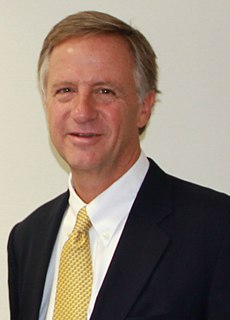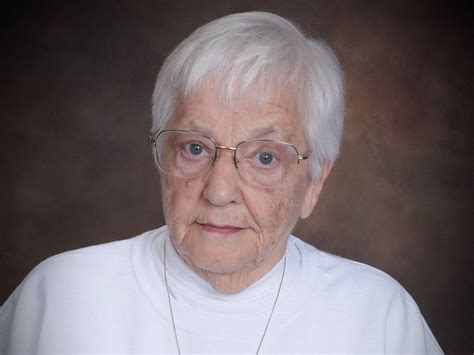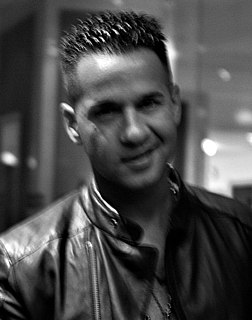A Quote by Jimmy Page
If you write a written book, you're gonna get slowed up by lawyers wanting to see what you say about this person, that person - I couldn't be bothered with it.
Related Quotes
I am a person that is very curious about what is going on in the world and there are a lot of subjects to write about, you meet a lot of interesting people. But one idea will be there and it will show up without any logic. It is a book that has been written in my heart before it is written into sentences.
If you want to write about a person who isn't nice, people say, "This is a bad book. It's about somebody I couldn't stand." But that's not the point. You don't have to like a character to like a book. Most of the time, people would misjudge and say, "I didn't like the book." No, you didn't like the character. That doesn't make it any less interesting of a book. In fact, to me, it makes it more interesting.
It's not about you, it's about the next person. The single best use of a business book is to help someone else. Sharing what you read, handing the book to a person who needs it... pushing those around you to get in sync and to take action-that's the main reason it's a book, not a video or a seminar. A book is a souvenir and a container and a motivator and an easily leveraged tool. Hoarding books makes them worth less, not more.




































